Peter Kreeft has written of those ways in which Heaven haunts earth. Such things as the effect of timelessness experienced when engrossed in a beautiful piece of music are things that reveal to us the other-worldly nature of many of our worldly experiences. They serve as reminders that we are not purely natural but also supernatural, that is, not only corporeal but also spiritual.
Another interesting phenomenon of human experience is that of play. In fact, it is such an important element in the human experience, Pope Benedict saw fit to mention it in relation to liturgy in his book The Spirit of the Liturgy. He makes the point that play is much like liturgy in that it is characterized by its own set of laws and time independent of the laws and time of the world in which play is done. It becomes an independent world within a world.
It is safe to say that this sort of organized play is a particularly and peculiarly human activity. But why is this so? What is it about being human that drives us toward forsaking the world in which we are bound for a game-world even if only for a few hours? As Christians, we believe that we are images of God, a God who creates out of nothing, is bound by nothing, and has brought order to chaos. Is it any wonder that the image reflects that of which it is an image? Let us entertain the example of our beloved football game. Time begins and stops, implying an existence not bound by time’s onward march. A set of rules peculiar to that game is enforced. To stray from those rules is to invite punishment; it contains within itself its own sense of justice. It mimics a battle against good and evil in its physical aggression between opposing teams which has proven to be something of which the human mind and imagination never seem to tire. There is also the coach, the one who establishes and demands order and unity among those whom he directs. It is a sort of universe within a universe with all the necessary elements present. Not only does it become this sort of universe to those engaged in the actual play, but also to those entering into it as spectators. In the opening paragraph, I mentioned the medium of music and the role that it plays in lifting us out of time and space. What may be less obvious is that it functions in much the same way as a typical game of football. The fundamental elements that constitute them as play are nearly identical in both. In music, specifically orchestral or choral performances, there is the presence of a unifying principle, that of the musical piece itself. Within the piece, time begins, accelerates, decelerates, and stops. There are certain rules set down within the piece in order to play it effectively such as dynamics and key. To stray from this is to produce bad music, noise instead of beauty; thus there are consequences for not following the rules. The dynamics produce the effect of tension and release, elements present in a life that is not stagnant, that is, a full life. There is also the conductor upon whom are all the eyes of the musicians looking to him for guidance and following his every movement. He is the one who ultimately determines the movements of all the musicians, but they must exercise free will to follow him. One would be hard pressed to find a clearer example of the spiritual life.
Even more profound about musical play is its presence in all cultures of the world. Music has proven itself to not only be present within all cultures, but to even be a defining expression of that culture, and music also serves as a reflection of a culture’s height. A culture that embraces high standards of education typically embraces high standards of musicianship. There is an irrefutable connection between education and music within cultures. Conversely, cultures that embrace low forms of music tend to be lacking on the educational side of things. In this, we can see that some forms of play even inform and nourish our ideas about education, something that is not readily apparent as an effect of sports. In fact, the exact opposite seems to be true in that a greater emphasis on sports leads to a general de-emphasis on education. The conclusion that can be drawn is that in some way, music reflects and nourishes the entire human intellectual person in ways that sports cannot. The reason for this is the greater connection between music and human nature than between sports and human nature. As human nature includes intellect, will, and body, there are some things that appeal to all three to greater degrees than others. Music uplifts all three due to its inherent requirements of a trained intellect, a focused will, and a body trained to perform. While sports certainly requires fitness of the body, strong intellects have not proven to be key elements within athletics.
In my next post on this subject I will look at the proper relationship between the academic institution and the sports that it sponsors.
12 years ago
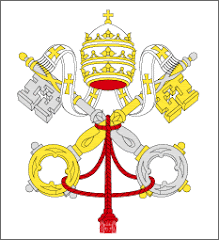
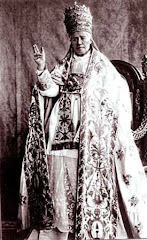
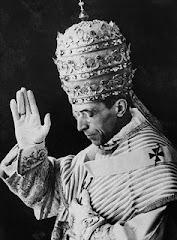

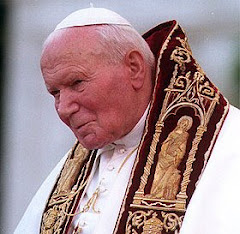
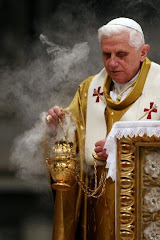













No comments:
Post a Comment